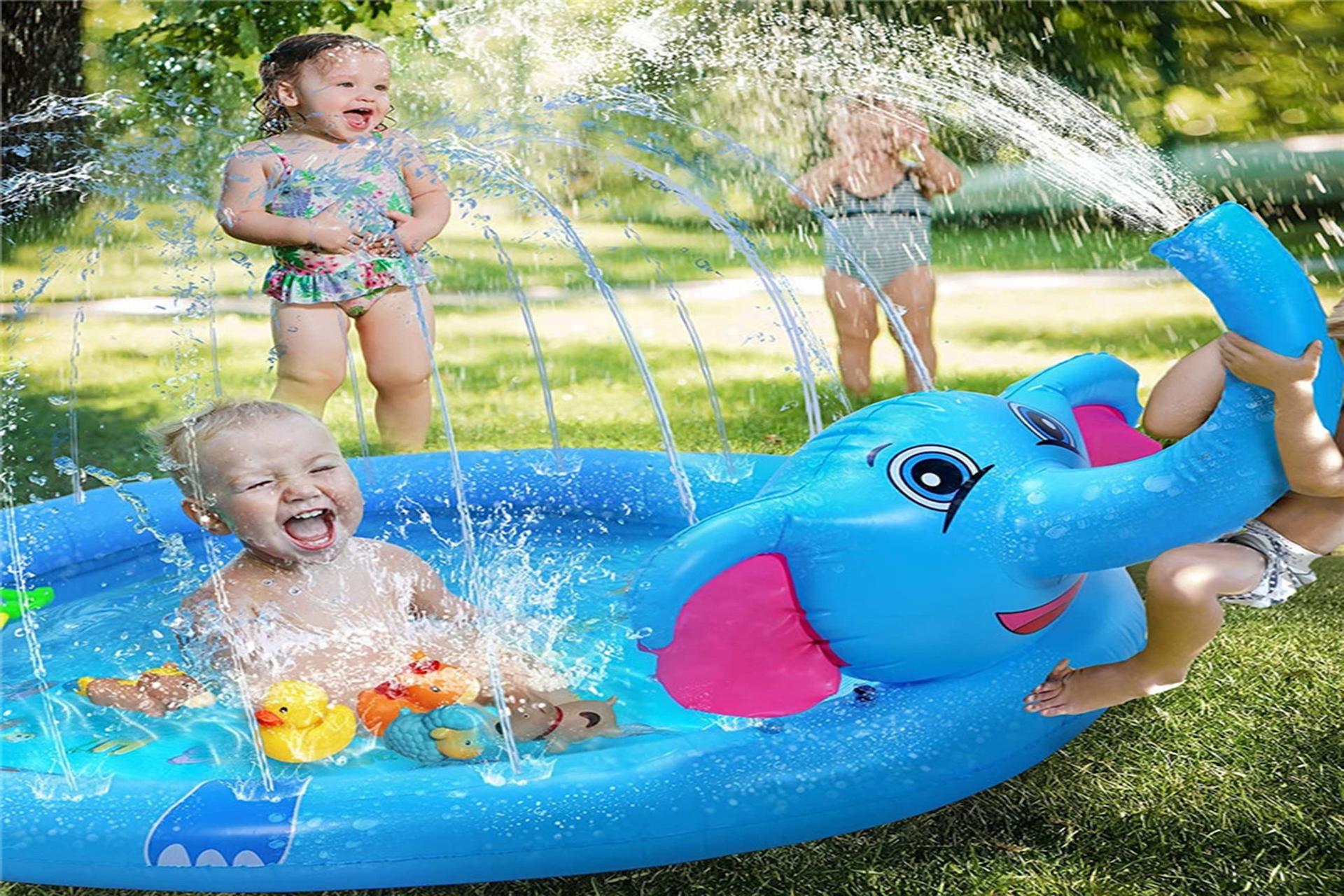
Inflatable animals are more than a fun accessory for kids’ birthday parties or pool days. They can also aid learning. Teachers and parents realize that inflatable animals in playtime help kids’ intellectual, social, emotional, and physical development.
Here are several ways inflatable animals can help kids learn through play:
Sensory Exploration
Inflatable animals provide children with opportunities for sensory exploration. Kids can touch, feel, and interact with the different textures and shapes of inflatable toys, stimulating their sense of touch and enhancing their sensory awareness. In addition, by exploring inflatable animals through play, children can develop their tactile skills and improve their ability to recognize and differentiate between various textures.
Imaginative Play
Inflatable animals invite children to engage in imaginative and pretend play. Kids can create stories, scenarios, and roles around the animals, fostering their creativity and imagination. In addition, imaginative play promotes cognitive development, problem-solving skills, and language development as children engage in storytelling, role-playing, and social interactions.
Language And Communication Skills
Inflatable animals can be conversation starters and language-building tools. Children can discuss the animals’ characteristics, habitats, behaviours, and more. They can learn new vocabulary, practice descriptive language, and develop communication skills by discussing inflatable animals during playtime.
Motor Skills Development
Inflatable animals offer opportunities for physical play, which helps children develop their motor skills. For example, kids can kick, throw, catch, or manipulate inflatable toys, enhancing their gross motor skills, hand-eye coordination, and balance. Inflatable animals can also promote fine motor skills, such as squeezing, grasping, or manipulating smaller parts or accessories accompanying the toys.
Cognitive Development
Inflatable animals can support cognitive development in various ways. For example, children can engage in sporting activities, categorizing the animals based on size, colour, or habitat. They can also practice counting, matching, or sequencing using inflatable animals as visual aids.
Social And Emotional Development
Inflatable animals can facilitate social interactions and emotional development. Children can play together, for instance, by passing around air-filled toys, taking turns, or collaborating to come up with imaginative situations. Inflatable animals can also act as reassuring friends during playtime or in unfamiliar surroundings, giving kids a sense of security and emotional support.
Cultural And Environmental Awareness
Inflatable animals can introduce children to various animal species, promoting cultural and environmental awareness. In addition, caregivers or educators can use inflatable animals to teach kids about different animals worldwide, their habitats, and the importance of wildlife conservation.
Role-Play And Empathy
Inflatable animals allow children to engage in role-play activities, assuming the role of different animals. Through this pretend play, kids can develop empathy as they imagine themselves in the shoes of the animal characters. They can explore different perspectives, understand emotions, and practice empathy towards living creatures.
Adaptability And Problem-Solving
Inflatable animals offer opportunities for children to adapt and problem-solve during play. Since they are inflatable, their shapes and sizes can be modified, providing a dynamic element to playtime. Kids can problem-solve by finding ways to inflate, deflate, or adjust the animals, fostering their adaptability, flexibility, and critical thinking skills.
Multi-Sensory Learning
Inflatable animals engage multiple senses simultaneously, enabling multi-sensory learning experiences for children. The visual appeal of the vibrant colours, the tactile stimulation of touching the inflatable surface, and the auditory aspects of play.
Conclusion
Inflatable animals are fun toys and valuable tools for children’s learning and development. Play allows children to strengthen their motor skills, cognitive capacities, and social interaction while having fun. These inflatables, whether utilized in classrooms or at home, provide limitless chances for imaginative play and learning.
